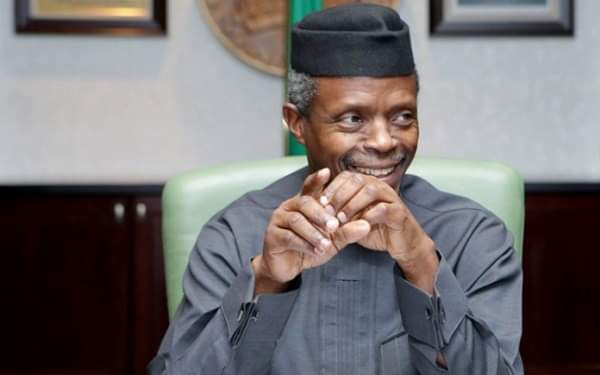
IT is five years since the Cybercrimes (Prohibition, Prevention, Etc.) Act of 2015 was enacted in Nigeria.
The Act regulates the use of our internet resources to foster socio-economic and political development while preventing crime and abuse of human rights. The Cybercrime Act which is well-received across the civil society spectrum has acted as the shield with which the media and social advocacy community have successfully warded off draconian legislations such as the Protection from Internet Falsehood and Manipulation Bill 2019, which empowered government to regulate the social media.
The Cybercrime Act provides against cyberstalking and bullying. Obviously, beyond the sporadic predation of hapless young people by the police for alleged internet fraud, enough has not been done to use this Act to deal with cyber news stalkers, bullies and malicious purveyors of fake news.
Perhaps, no other public figure has been more harassed than the Vice President Yemi Osinbajo. For instance, in the past few months, the VP has come under series of allegations most of which turned out to be false. The Federal Inland Revenue Service, FIRS, has denied allegations by a former party official, Timi Frank, that it gave Osinbajo N90bn to fund the 2019 elections for the All Progressives Congress, APC.
Also, the House of Representatives has confirmed that the N5bn emergency fund Osinbajo approved for the National Emergency Management Authority’s North East relief efforts were from budgeted sources and the VP had no hand in its spending. The suspended Chairman of the Economic and Financial Crimes Commission, EFCC, Ibrahim Magu, has also denied stealing N40bn from the looted funds and giving a N5bn “cut” to the Vice President as widely reported.
The latest allegation, which has also been publicly disavowed, is that Osinbajo colluded with the Auditor-General of the Federation to withdraw N10bn from the Treasury Single Account, TSA. The Vice President, being a cleric and respected legal practitioner, is vulnerable and struggling to cope with this barrage of false publications that seek to sully his name.
We condemn cyber bullying and fake news in all their ramifications. While we stand firmly for freedom of the media, we believe that practitioners (including bloggers) must remain true to its laws and professional ethics. In holding government to account, the media must remain socially-responsible and do everything not to play into the hands of those waiting for an excuse to tamper with our civil liberties. The law must protect every law-abiding citizen from malicious, online pests.













